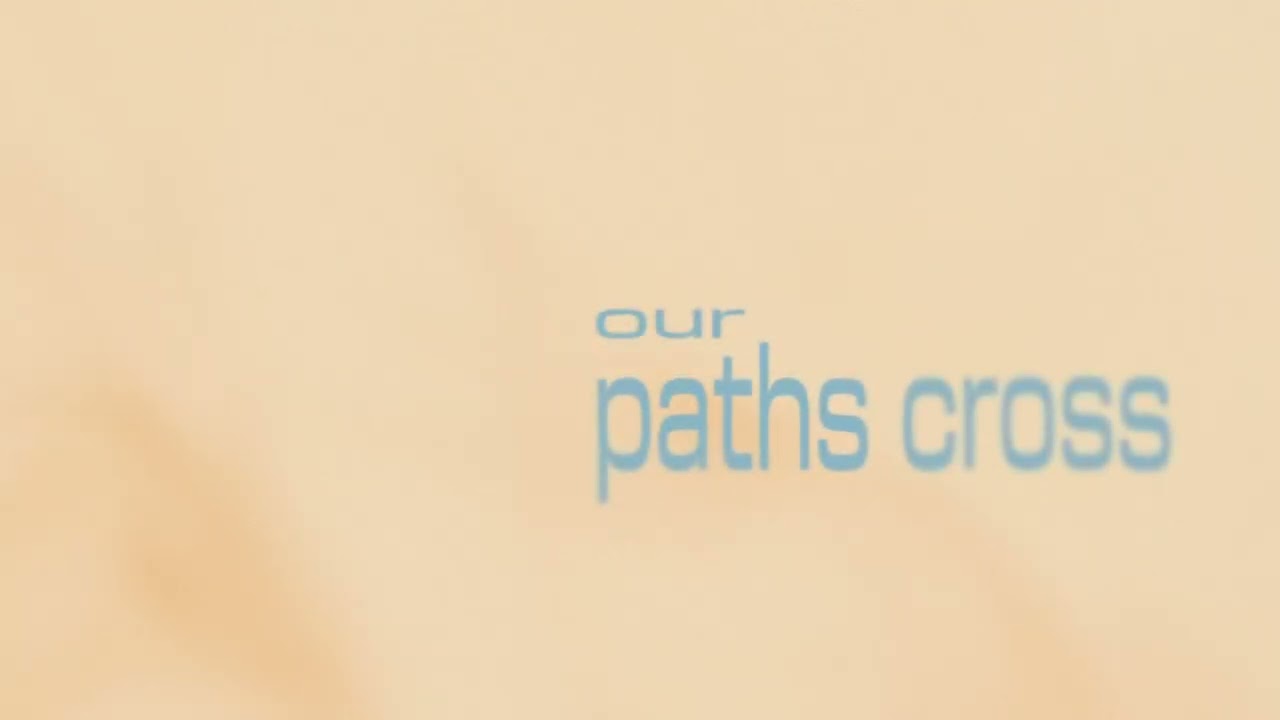Addiction impacts more than just the individual—it reverberates through families, creating strains that can change relationships forever. It’s like catching a tidal wave; at first, it seems one person is affected, but soon enough, it crashes into everyone. Healing paths are essential not only for the one struggling but for the entire family unit. As we explore the various avenues for healing, our hope is to provide clarity and actionable steps for families grappling with addiction. With compassion at the forefront, we can begin to chart a course toward recovery.

Exploring the Different Paths to Healing
Many families feel overwhelmed by emotions like fear, anger, and sadness. These are natural when faced with addiction’s chaos. Finding effective paths to healing requires a mix of understanding, playing an active role, and leaning on supportive systems. Families should first recognize that they are not alone in this process; countless others have found comfort in shared experiences.
In tackling addiction within families, it’s essential to adopt methods that resonate on personal levels, integrating psychological support and emotional guidance. This engagement can shift the family dynamics from conflict to healing. A major component involves recognizing unhealthy patterns and seeking solutions that foster a nurturing environment for recovery.
Traditional understanding of addiction as solely a personal issue often leaves out the role families play in both causing and healing the addiction. By involving the family in the healing process, we can unearth new strengths and transformative connections. As we dive into the specific paths, remember that healing is a journey, shaped by both individual and collective experiences.

Top 6 Paths Families Can Take to Navigate the Healing Process
Family therapy can work wonders! Programs offered by institutions like the Substance Abuse and Mental Health Services Administration (SAMHSA) focus on communication and conflict resolution. These therapeutic sessions enhance relationships, allowing for healthier interactions. A family’s empathy and understanding skyrocket, creating an environment that nurtures recovery.
Groups like Al-Anon and Nar-Anon provide invaluable support. They foster safe spaces where family members come together, sharing insights that lead to healing. When you hear other’s stories, it often takes the weight off your shoulders! Participating can help counteract feelings of isolation and give strength to make productive changes.
Knowledge truly is power! Engaging with resources from the National Institute on Drug Abuse (NIDA) equips families with a clearer understanding of addiction. Knowing how addiction works—its psychological and physiological aspects—can guide families in supporting their loved ones compassionately. Education allows you to respond rather than react, turning panic into understanding.
This step can be tough, but it’s crucial. Families must identify enabling behaviors that might inadvertently support the addiction. Resources like Susan Forward’s book “Toxic Parents” offer practical strategies on breaking harmful patterns while still being a source of support. Establishing boundaries can reclaim your emotional landscape, leading to healthier relationships.
Amid the struggle, family members often forget to care for themselves. Simple acts like mindfulness meditation or evening walks can dramatically improve mental health. Activities like running or yoga are proven to alleviate anxiety and depression. Consistently prioritizing self-care will provide parents the strength to support their loved ones truly.
When in doubt, consulting professionals can steer you in the right direction. Addiction specialists can offer tailored recovery plans that highlight family dynamics. Organizations like the American Association for Addiction Psychiatry (AAAP) promote family-inclusive treatment approaches, ensuring that loved ones receive comprehensive support throughout the process.

Recognizing Factors That Support Successful Healing
As we travel these healing paths, families should remain aware of specific factors influencing recovery. Individual resilience plays a crucial role; for a family to heal together, members must tap into their inner strengths. Community support also does wonders, providing encouragement and practical help during tough times.
Stability at home creates an environment ideal for recovery. A sense of normalcy allows both the individual and the family to process challenges together. Moreover, cultural attitudes toward addiction matter too—embracing a culture of understanding can empower families to facilitate healing as they navigate this difficult journey.
Recognizing how these factors interact can guide families as they work through addiction’s upheaval. It’s all about harmonizing inner strength with external support, crafting a resilient framework for healing.

Sharing Facts for a Brighter Future
Understanding facts surrounding addiction is a crucial part of healing. Did you know that over 21 million Americans struggle with addiction? Many of these individuals come from families deeply affected by the situation, just like yours. Awareness of these statistics can drive families to make informed decisions. Countering stigma with knowledge shapes a foundation of hope.
Research has shown substantial links between addiction and biological, psychological, and social factors. Families equipped with facts can respond to situations more effectively, empowering them toward healing paths. For example, knowing common triggers can spur proactive actions instead of reactive ones, steering toward communication and understanding.
Let’s transform cold statistics into heartfelt stories of resilience. As families engage with these facts, we can collectively foster a brighter future—one where recovery and healing are attainable goals.

Innovating the Journey to Healing
As we continue through 2026 and beyond, new practices and approaches are emerging in the landscape of healing. We’ve witnessed inspiring transformations, like virtual support groups that allow families to connect regardless of geography. Teletherapy makes it easier for families to access care, ensuring they don’t walk this challenging path alone.
Moreover, holistic treatment options are gaining traction. Combining traditional therapies with practices like acupuncture or nutrition counseling offers families a comprehensive approach tailored to their unique needs. This innovative flexibility promotes longer-term recovery and supports families in navigating their journeys one step at a time.
Families can reclaim power through active engagement and innovative approaches. Hope resides within the shared commitment to creating healthier relationships and brighter futures. The light of compassion shines through even the darkest moments, guiding loved ones and families towards holistic healing.
For more detailed support, be sure to visit Mothers Against Addiction, where we provide additional resources and pathways for families grappling with addiction. Together, we can face this challenge and emerge stronger on the other side by taking intentional steps on our healing journeys.
Paths to Healing: Discovering New Avenues for Families Facing Addiction
Everyday Paths to Healing
Finding a way through addiction isn’t the same for everyone. Families often have to explore various paths, each offering its unique set of challenges and opportunities. Did you know that many families have found success with work Syn, a program focusing on workplace recovery? It highlights how employment can serve as an anchor for those recovering from addiction, reinforcing responsibility and stability. This can often be a game-changer, paving the way for healing when other methods falter.
As families navigate their journeys, it’s insightful to observe how public figures like Karrine Steffans have openly shared their struggles with addiction. Her stories remind us that no path is straightforward, and recovery often includes ups and downs. Sometimes, a slip or two happens, just like in the substance abuse recovery journeys of countless families, but what’s essential is learning how to cope with those Slips. Each stumble can provide valuable lessons that contribute to personal growth and family bonding.
High-Tech Paths
In this age of tech, some families are employing innovative tools to keep their loved ones safe. Take, for instance, the use of a GPS dog collar, helping families track and support those who may be prone to relapse. This technology offers peace of mind for parents worried about their children’s well-being, showcasing how far we’ve come in developing paths that blend support and technology. Interestingly, a good indicator of recovery’s success can include family involvement and awareness, emphasizing the importance of connection in the healing process.
Moreover, public figures like Debra Mccurdy have inspired many with their poignant stories of love and loss tied to addiction. Her journey shows the distinct paths families traverse, reflecting varied experiences that drive home the point that everyone’s battle is personal and deeply felt. Similarly, Anderson Paaks music, infused with themes of struggle and hope, resonates with families dealing with these challenges, providing yet another avenue to explore the emotional landscape of addiction recovery.
In all, while there’s no one-size-fits-all path to healing, every step taken can lead towards brighter days, showcasing the resilience of families as they push forward together.




























